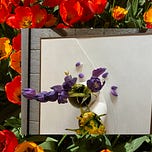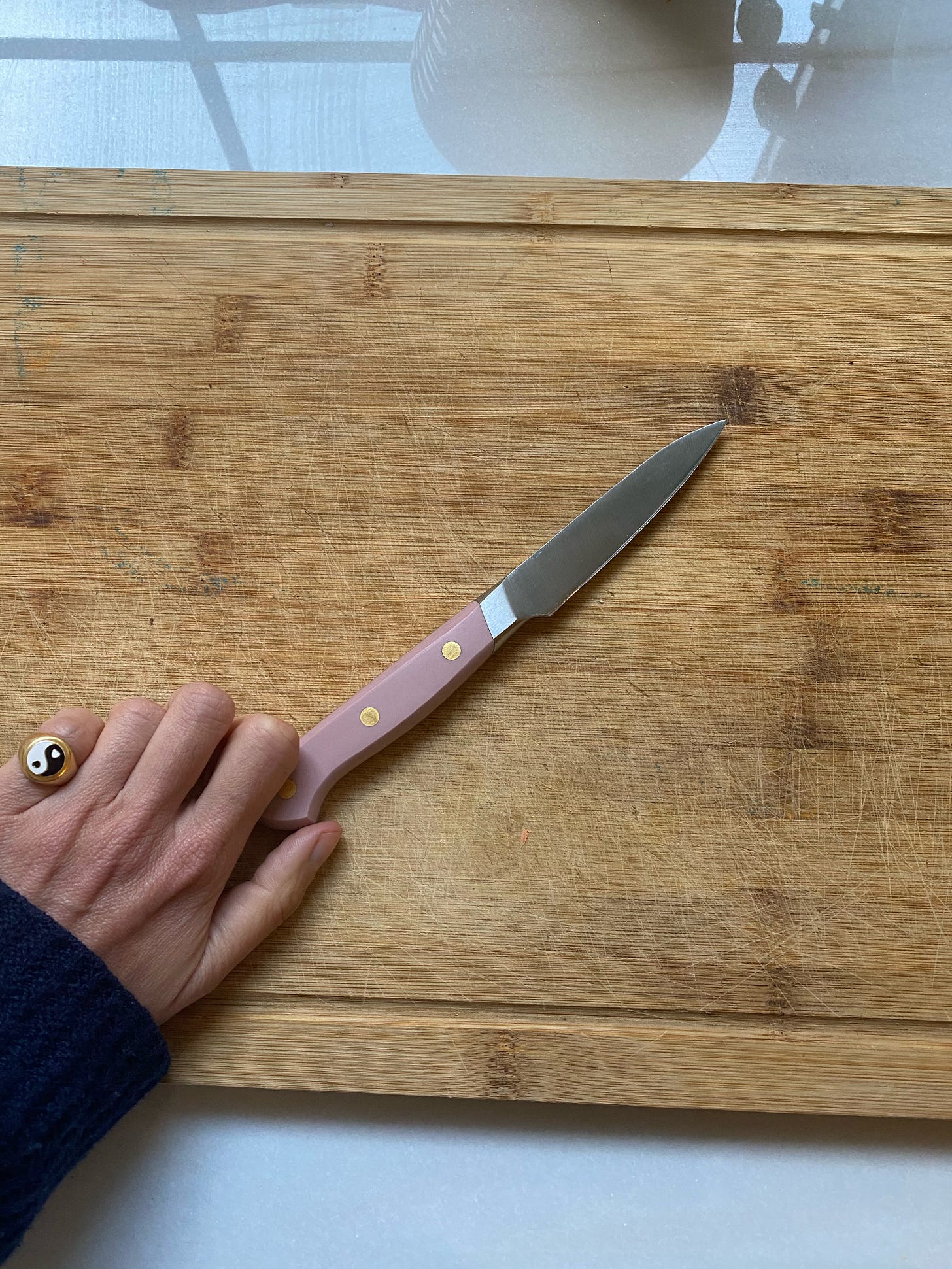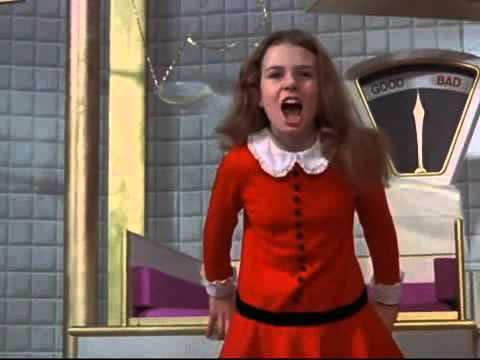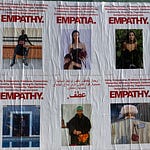Do you ever have those weeks where it starts to feel like you’re filling up your brain with so much new stuff that if you don’t let some of it out, your head might explode? The connotation is usually positive. When bad stuff clogs the passageways, I tend to feel like an overripe tulip that is starting to sag, petals falling to the surface on which the vase stands while it watches itself die.
Not to be dramatic or anything!
But I do wonder if these sensations — both of them — are like a synonym for being conscious of the ways you’re changing or growing or staying exactly the same. If actually, the feeling that my head might explode is an outgrowth of former opinions or beliefs — the seductive newness of change! — and the overripe tulips with dangling petals are what happens when you’re stuck but really want to move.
Sometimes I am just like, But where do I go? So I take to the pen (not to be confused with knife — the double-edged sword of “stuck” and “still”) and start to write. At best, I push through something and then feel like I can unclench my asscheeks. At worst, I sit and I sit and I labor and sit and at the end, I’ve got nothing but resentment for the time I wasted pulling teeth from my dick.
That is a description of writing that David Rakoff once wrote in a book of non-fiction essays called, Don’t Get Too Comfortable. There is none more fitting, even from a vagina.
Passover started last weekend and I am surprised at how much I’ve been thinking about it. Not technically as in, “Wow, this matzah is really constipating me,” but more like, the story of Exodus is the ultimate Jewish tale of redemption — a consistent reminder built into the religion that we were oppressed and now we are free.
What can be gleaned for a more secular perspective from the purported 40 years spent wandering a desert, the first taste of freedom following centuries of enslavement?
Is that very desert a metaphor for the boundlessness of optionality that is inferred by the notion of freedom?
Does the golden calf (an idol the Israelites created while Moses was up at Sinai waiting for the commandments) represent what happens without an internal compass of ethics to guide you, when the freedom becomes too much to bear?
And per those commandments — are they it? The aforementioned compass of ethics, your morals?
On Saturday night, I went to my mother-in-law’s for the first Seder. On the walk over with Abie, I asked him all those questions basically, but in different words: Is it freedom that sets us free, or is it the choices we make once we get it?
I think this is on my mind because I’m at some kind of psychological inflection point. A lot feels like its changing. I’ve never been this conscious of my own sense of self. Sense of responsibility for myself.
I once heard this distinction drawn between the different ideas that live in our brains — some are active, alive in our brains and some are in theory up there. I think the one that is waking up, that I’m clicking into is about how much control, power, etc I have over MYSELF. I could literally blow my whole life up tomorrow, which for whatever reason seems like an easier thought to sit with than the reverse, which is true too: I could also blow it OUT OF THE PARK. (I mean water.)
Do you think it’s easier to imagine failure than it is to imagine success because it’s more sure? Like, surely one won’t fail at failing. But man, to fail at succeeding…
You know, I was going to write, “it’s rough,” which it is, but I also did it very publicly not so long ago and I’m still alive and standing and on balance, probably (no, definitely) better for it, so who is really to say what’s what? The more valuable point to convey is really that when you come into the consciousness of the magnitude of control you have over your own life (or at least your own mind), it sort of forces you to stop pointing fingers because suddenly no one is responsible for what you do or don’t do. And that is a lot “to hold.”
It’s where the mental freedom thing comes into question. It’s like, you become hyper-aware that either you have it or you don’t and if you see that you don’t, you start building this path towards it, and as you inch closer, there’s this euphoria about your proximity to it. And then once you’re on the other side, once you’ve FREED yourself of some “limiting belief,” you’re left to make choices and the choices are scary because this is the precise thing that you choose to do with your freedom.
I don’t undermine or shrug off or question the different quality of obstacle that stands between you and your destiny or me and mine but I think to a degree, we both have this opportunity to embody our respective sense of responsibility, to charge ourselves with the tall task at hand, crawl out of the trenches or if you’re ready, finally do the thing — circle the body of water, spread your arms eagle and dive.












